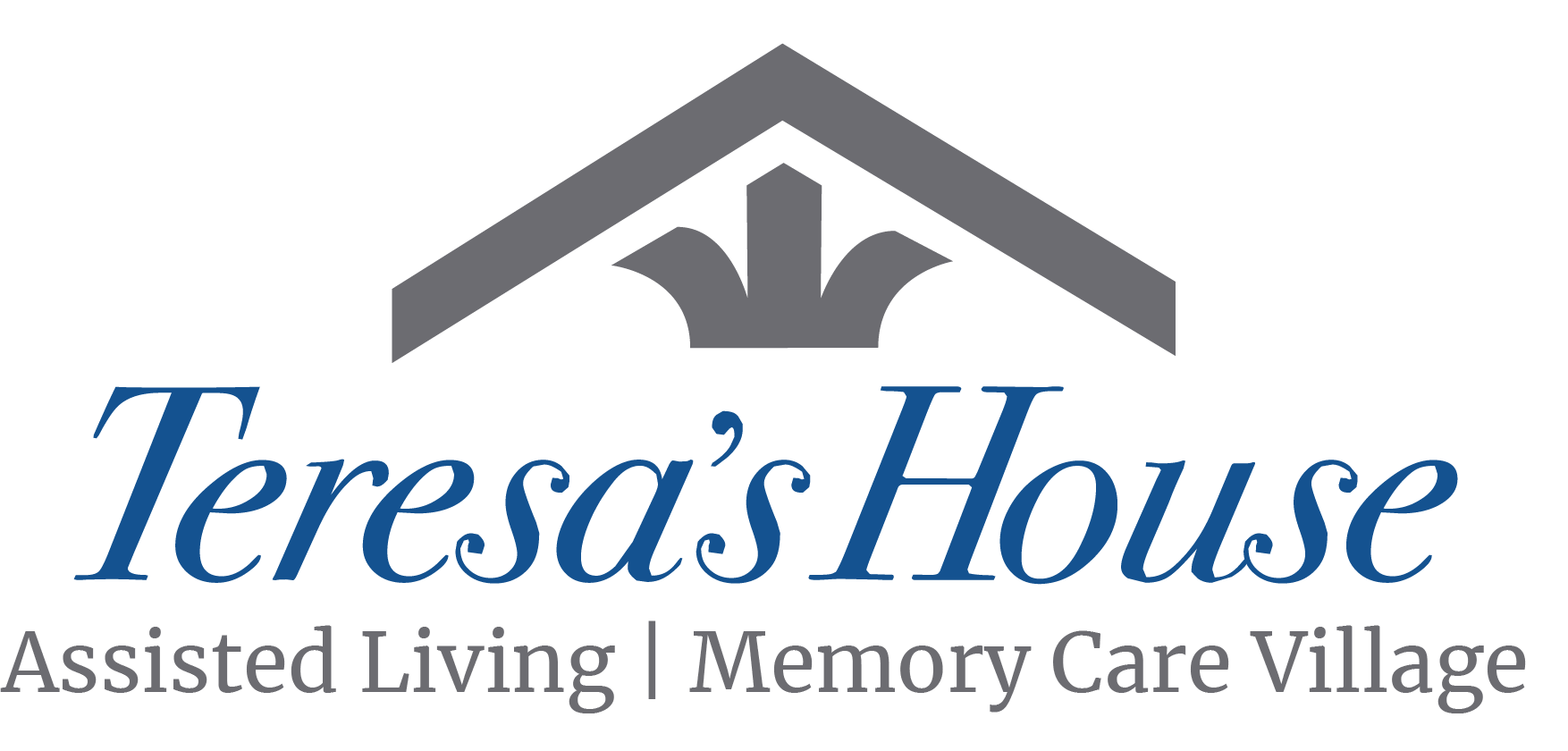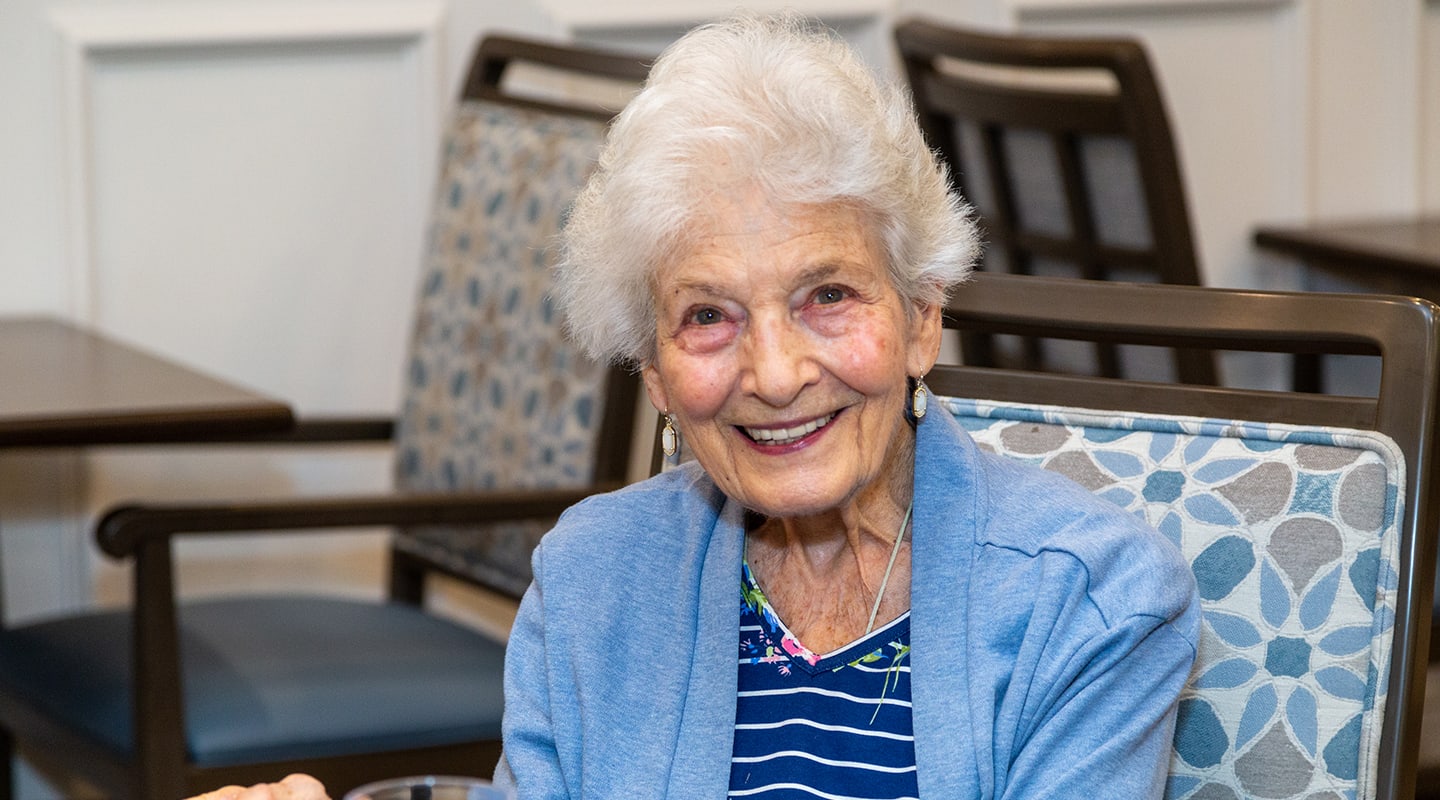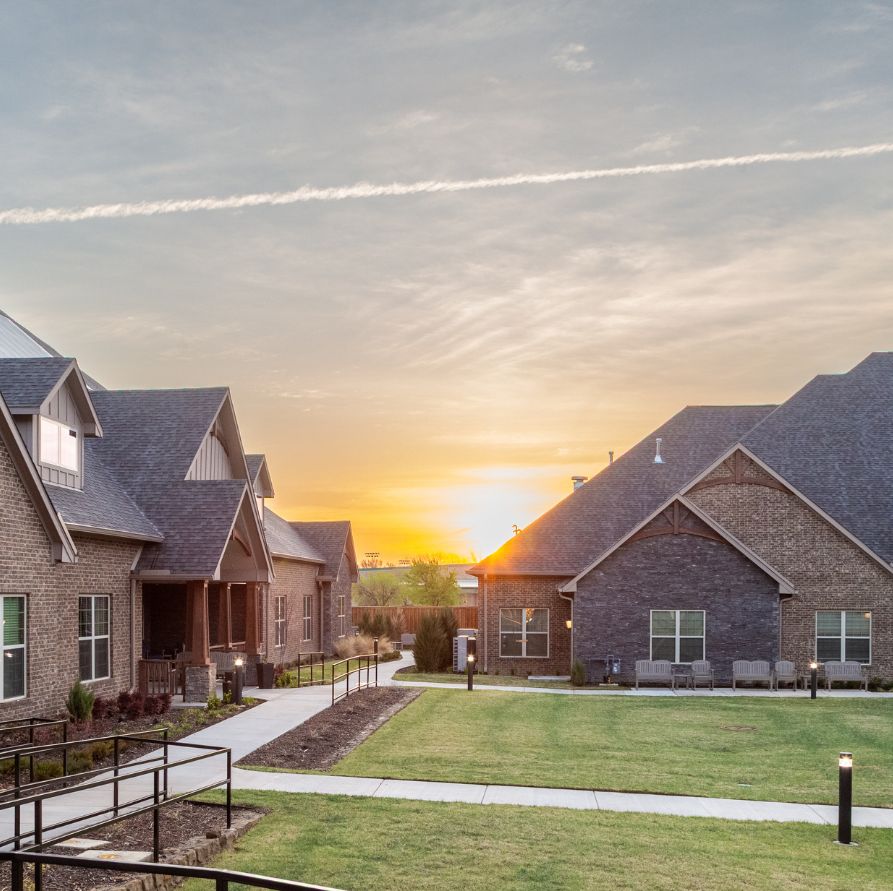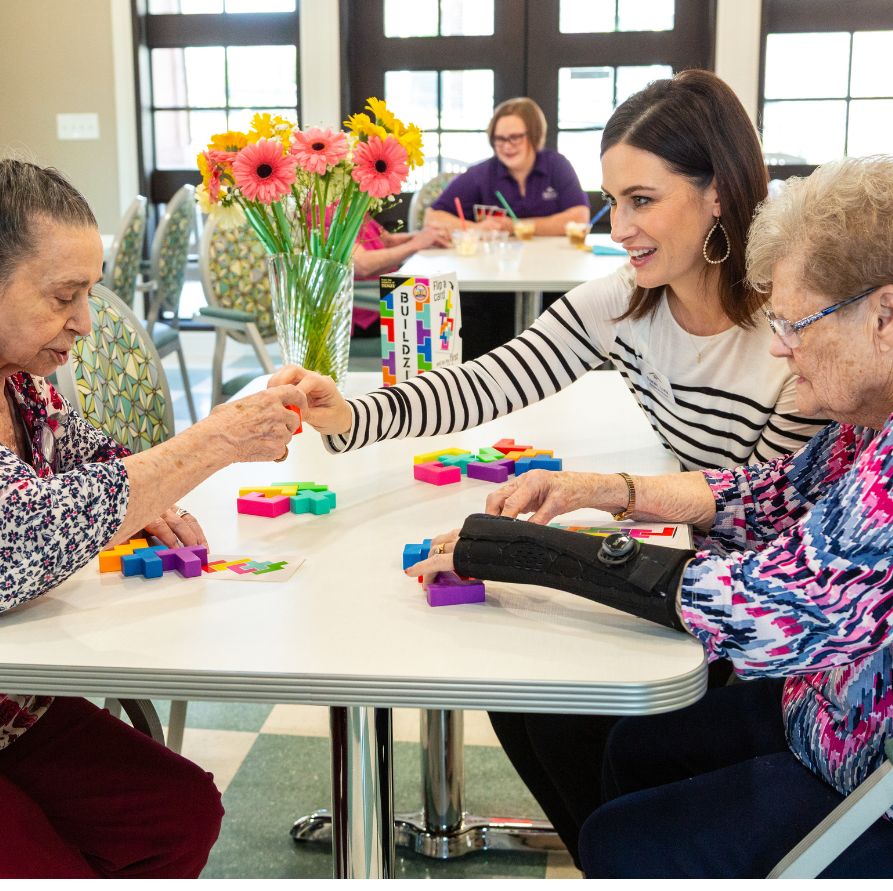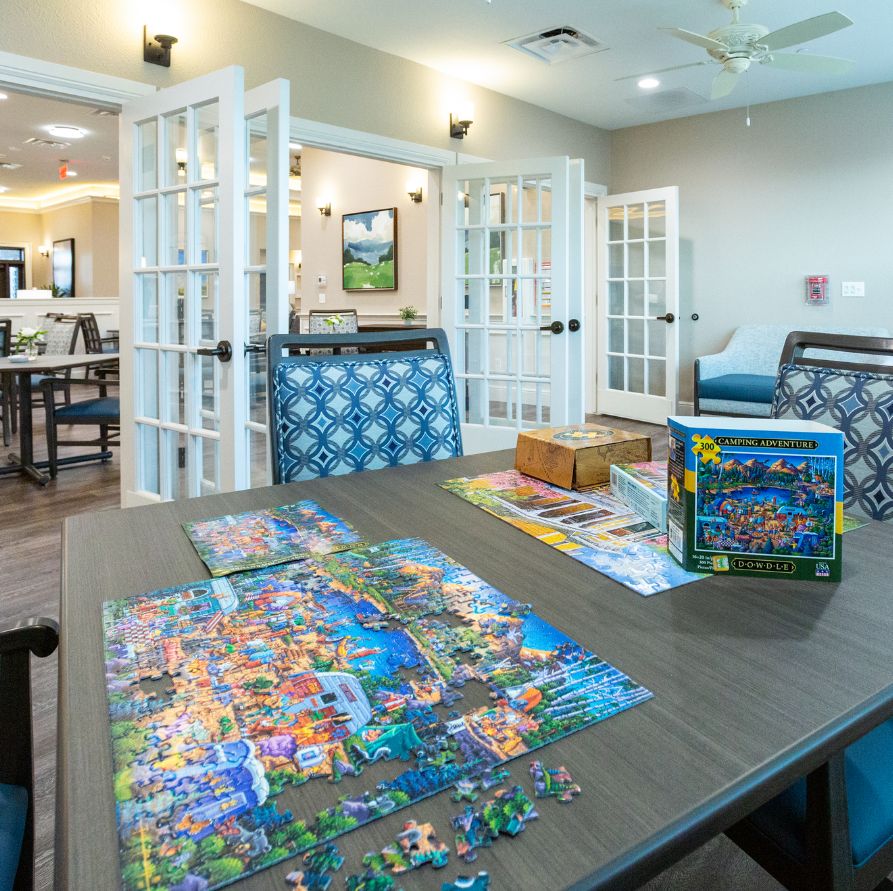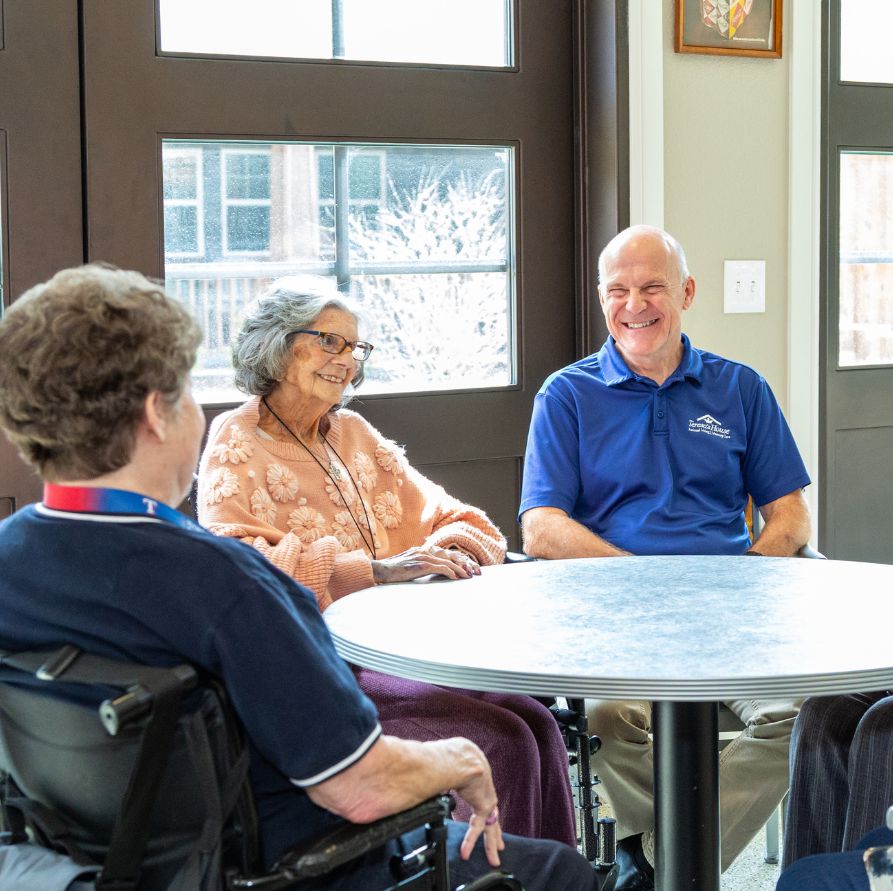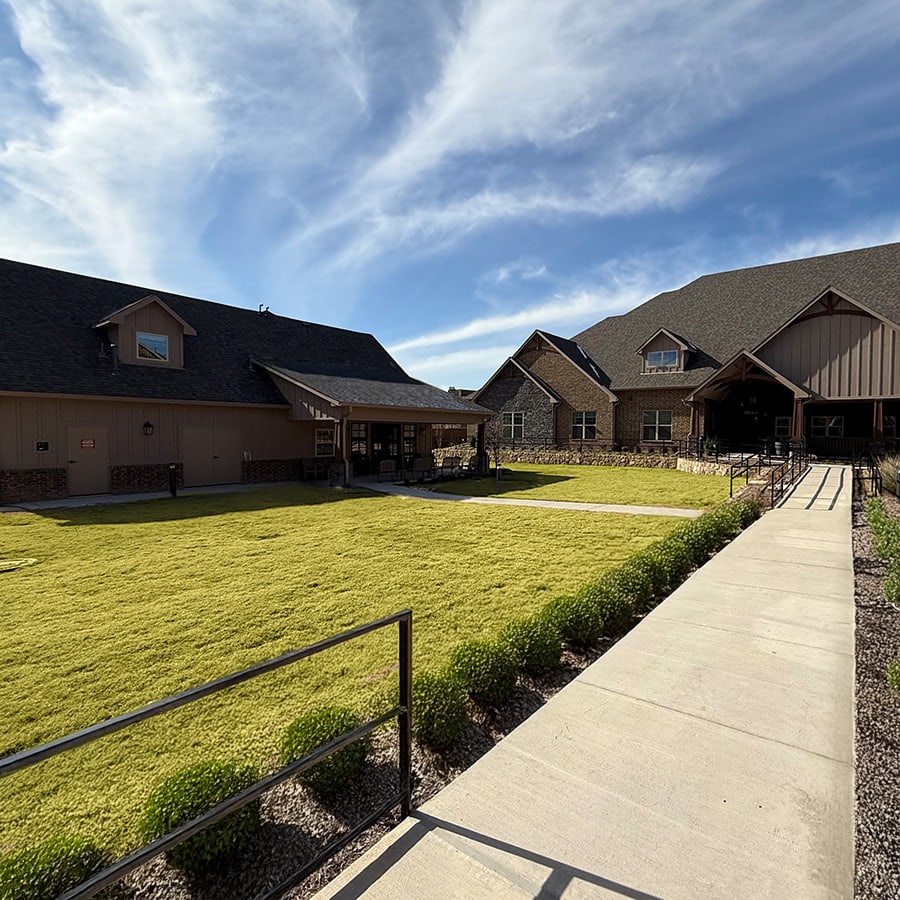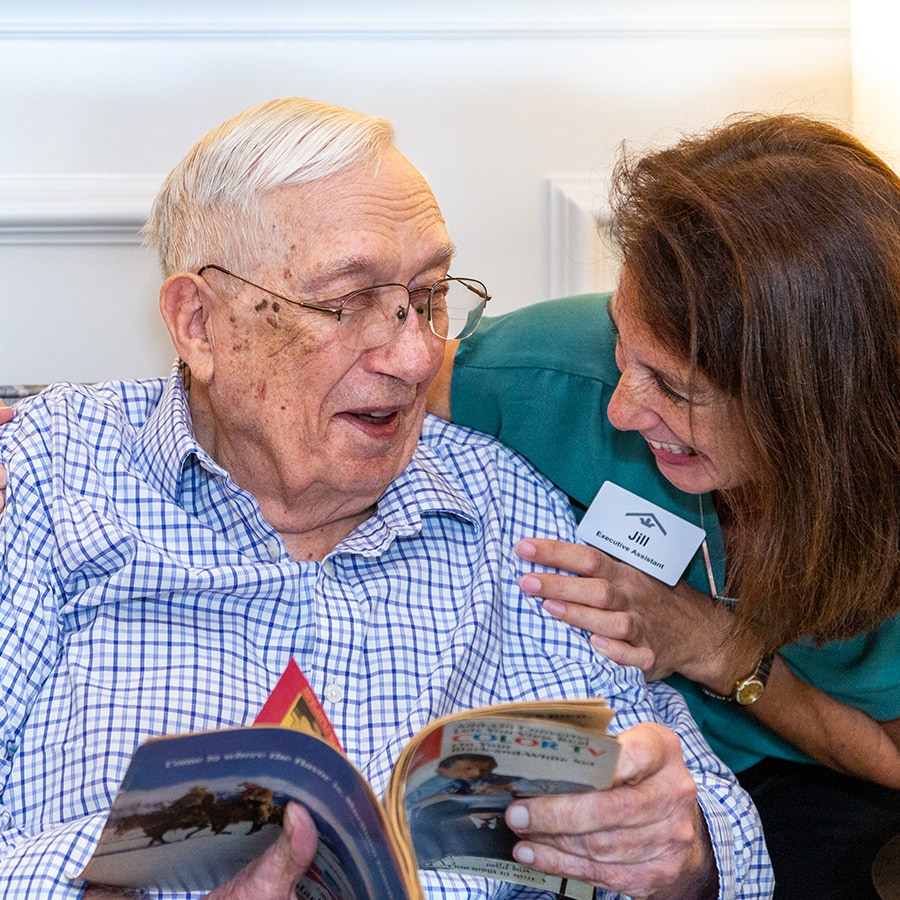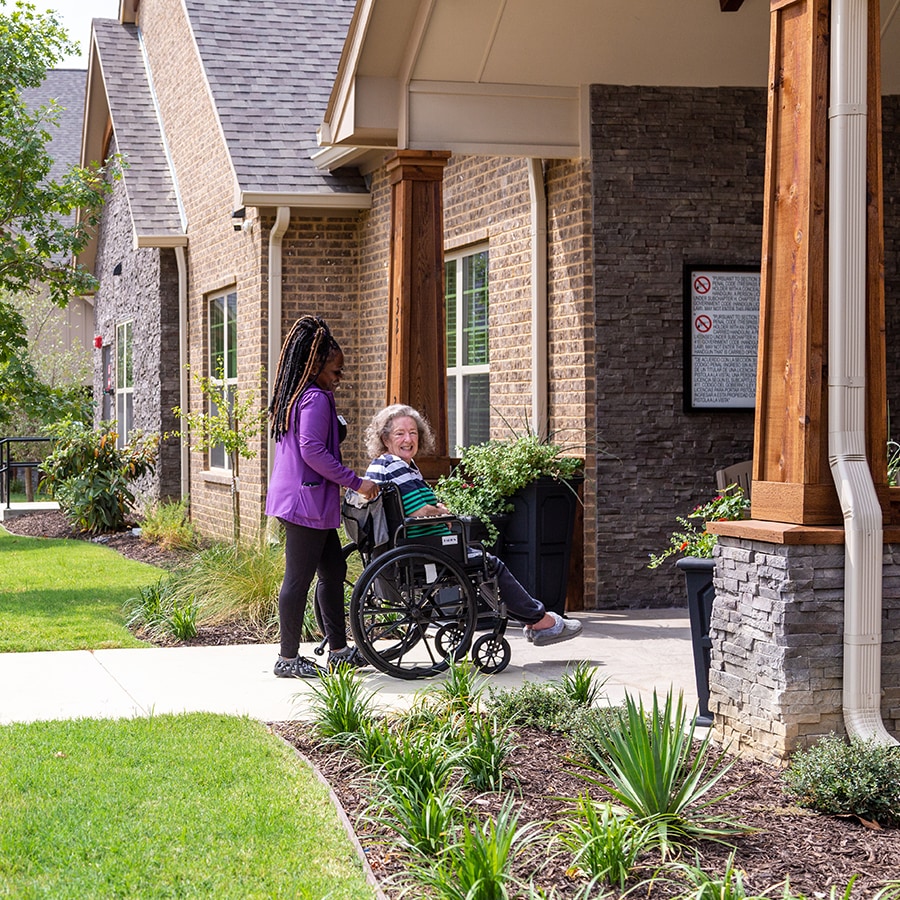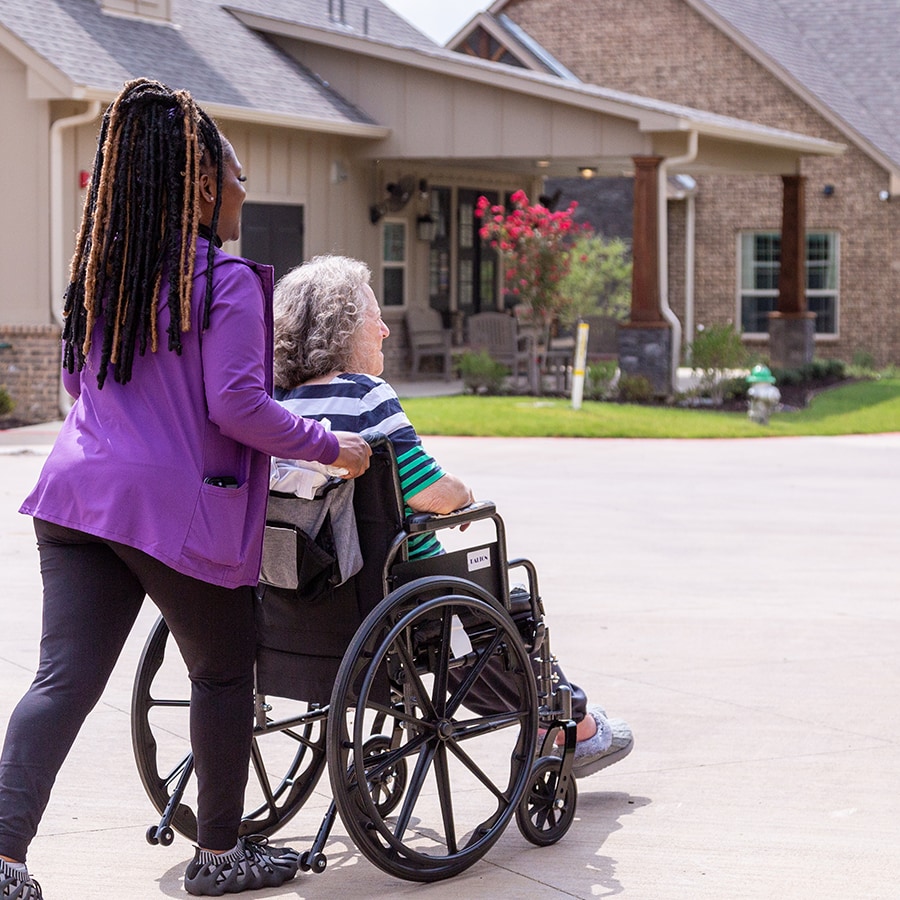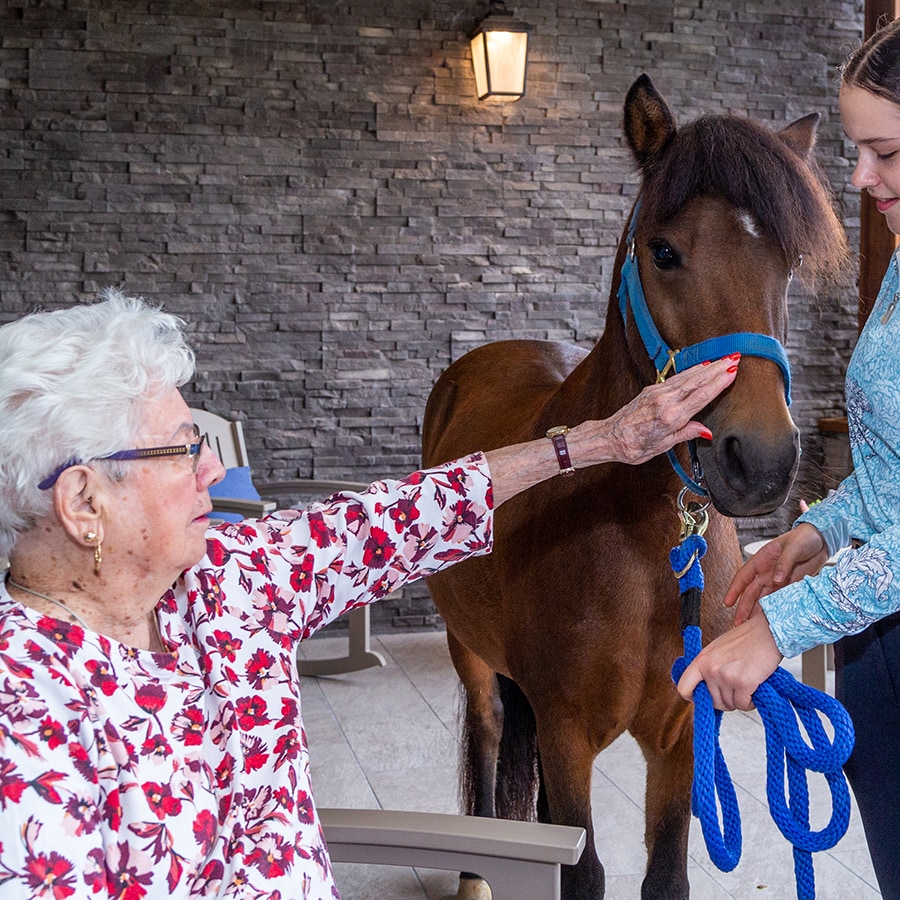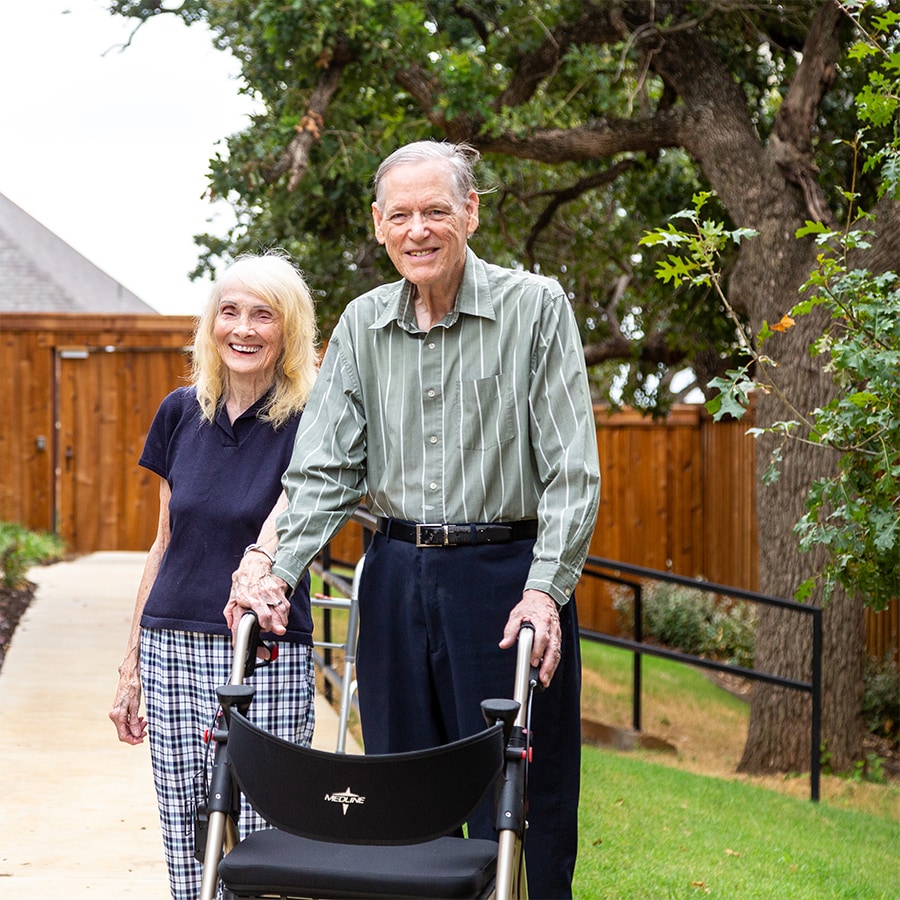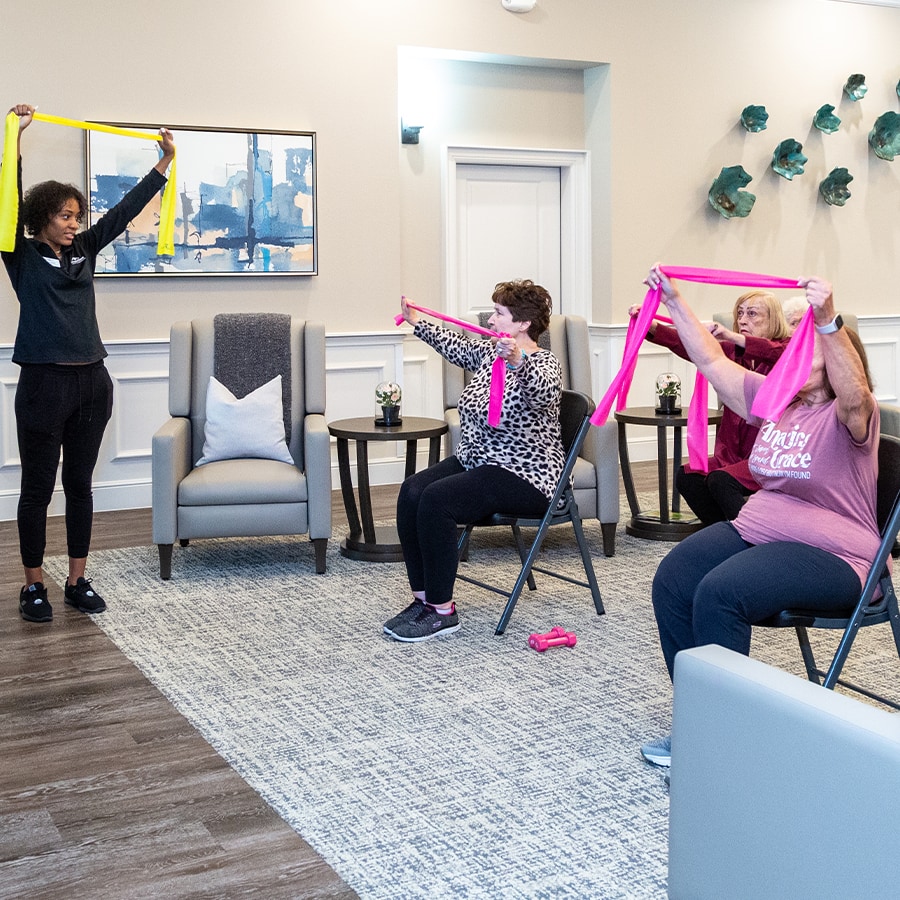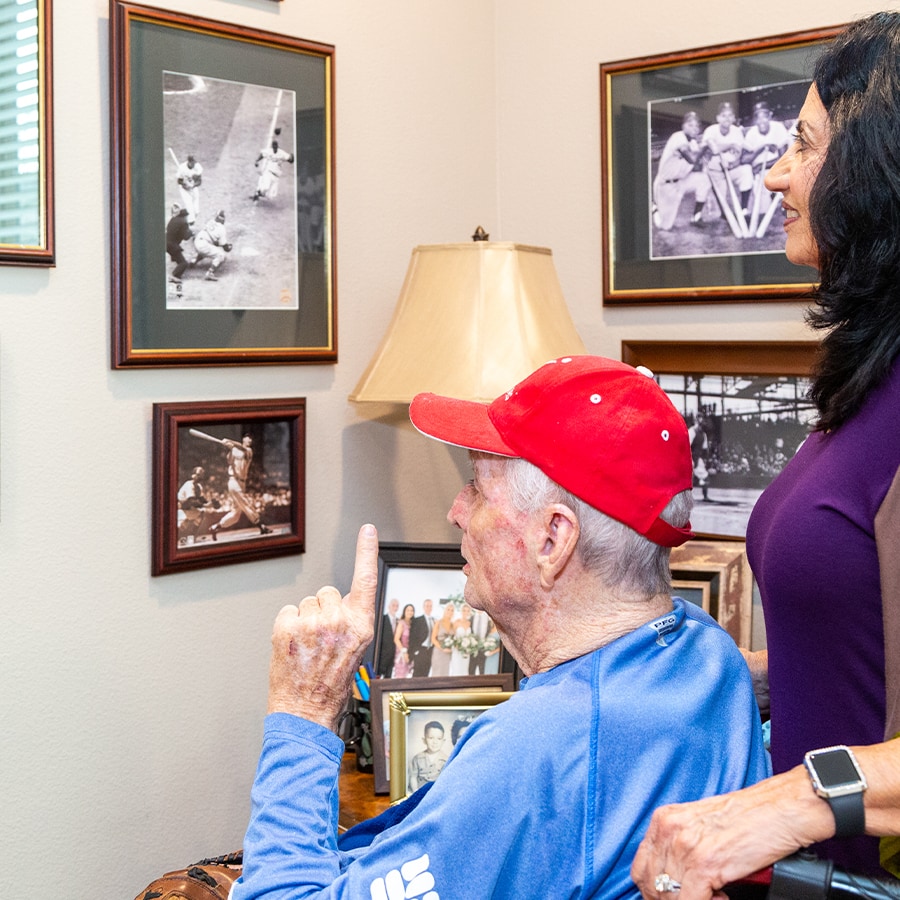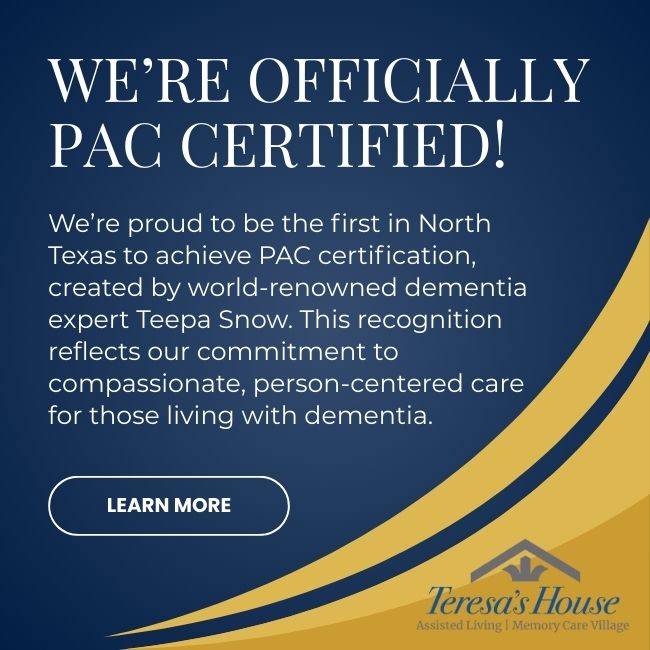Dementia and Alzheimer’s disease are often spoken about interchangeably, but they are not the same condition. Dementia is the term applied to a group of symptoms that negatively impact memory, but Alzheimer’s, the most common type of dementia, is a progressive disease of the brain that slowly and continuously destroys thinking skills, memory, and eventually the ability to carry out simple daily, self-care tasks.
Although Alzheimer’s Disease symptoms may overlap with the symptoms of other dementia, distinguishing them is important for management and overall treatment.
Dementia
Dementia is a general term that describes a wide range of symptoms associated with a decline in memory or other thinking skills, including judgment, reasoning, and complex motor skills. Dementia includes more specific conditions, and Alzheimer’s is one of them.
Other types of dementia include, but are not limited to:
- Vascular dementia – usually caused by a specific event, such as a stroke. The lack of cognitive function occurs suddenly after a stroke, then remains stable for a period of time.
- Lewy Body dementia – an umbrella term that refers to both Parkinson’s disease dementia and dementia with Lewy bodies, which are protein deposits that develop in nerve cells that involve thinking, memory, and movement.
- Frontotemporal dementia – primarily affects the frontal (areas behind your forehead) and temporal lobes (the regions behind your ears) of the brain that are associated with personality, behavior, and language.
These dementia-related illnesses are not a normal part of aging and it’s important to know dementia symptoms and consult with your physician or specialist with any concerns.
Alzheimer’s Disease
Alzheimer’s disease, a common form of dementia, is a neurodegenerative disease that causes increasing impairment of brain function over time. We still have a lot to learn about the condition but treatment is ongoing. According to the Alzheimer’s Association, Alzheimer’s disease accounts for 60 to 80 percent of dementia cases. Most people with the disease get a diagnosis after age 65. If it’s diagnosed before then, it’s generally referred to as early-onset Alzheimer’s Disease.
Warning Signs and Symptoms
The following are some common warning signs and symptoms of dementia. Keep in mind that every individual is unique and symptoms can vary in range and severity. Always consult a physician to discuss changes in memory and thinking abilities.
A thorough assessment by your physician or a specialist, such as a neurologist, can determine what is causing these symptoms of cognitive decline:
- Difficulty finding words
- Trouble completing multi-step tasks
- Challenges with identifying time, person or place
- Misplacing familiar objects
- Mood or personality changes
- Loss of interest in important responsibilities
- Poor judgment
Understanding dementia can help change the conversation, alleviate the stigma around dementia-related illnesses, and increase support for individuals living with them.
If your loved one is experiencing memory loss and you have questions, or would like recommendations on Alzheimer’s and dementia resources, please contact Teresa’s House at 469.998.7952.
Our exceptional memory care community offers therapeutic research-based programs designed specifically for memory-related diseases, including Alzheimer’s and dementia. We know this can be a difficult situation for families, and we’re here to guide and support you and your loved one with high-quality assisted living in Argyle and McKinney.
Disclaimer: The statements on this blog are not intended to diagnose, treat, cure or prevent any disease. The author does not in any way guarantee or warrant the accuracy, completeness, or usefulness of any message and will not be held responsible for the content of any message. Always consult your personal physician for specific medical advice.
